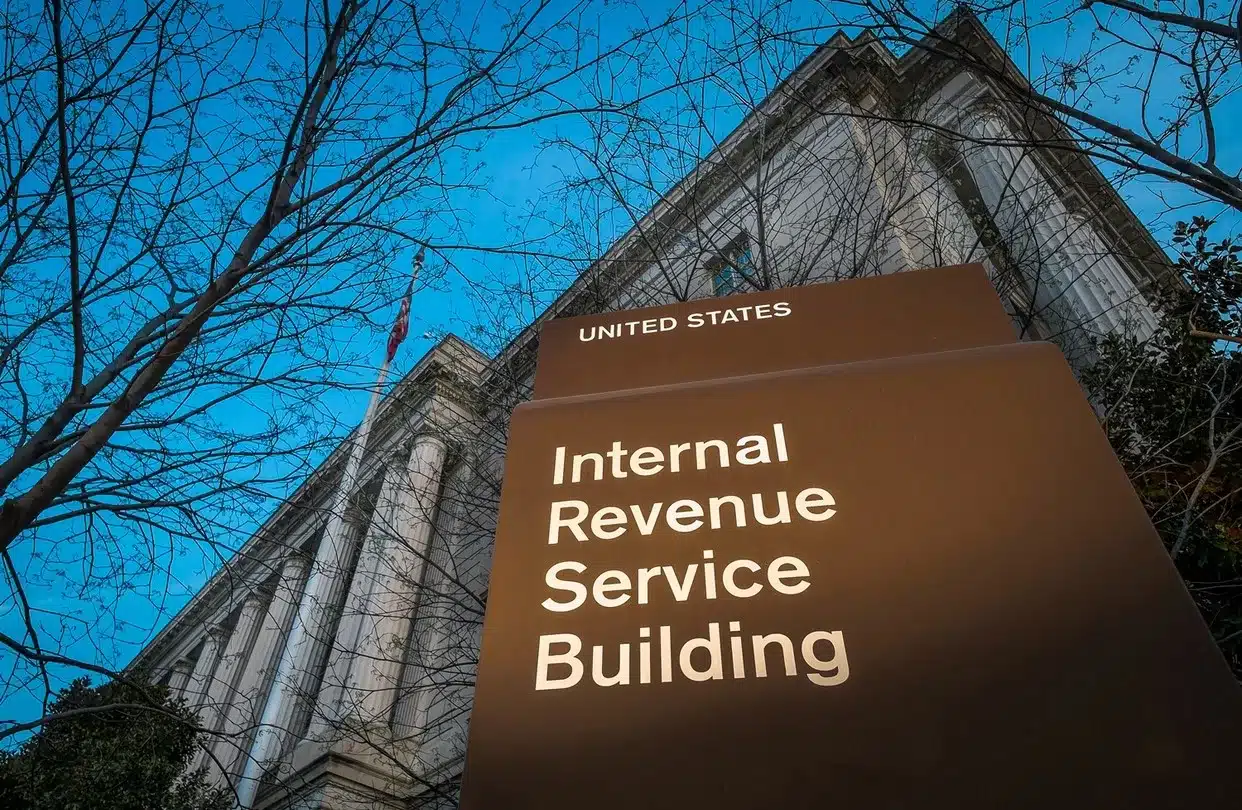The Trump administration has initiated one of the largest government workforce reductions in modern history, laying off more than 20,000 federal employees across key agencies.
Among the hardest-hit departments are the IRS, USAID, FEMA, and the EPA, sparking concerns about how these cuts will affect public services – including tax refunds.

With 7,000 IRS employees dismissed just as tax season peaks, taxpayers are already seeing delays in processing times. The layoffs include workers who handle audits, taxpayer assistance, and fraud detection. The reduction of more than 110 IRS offices across the country has raised alarms about whether Americans can expect their refunds to arrive on time. Experts warn that processing delays, errors, and even increased fraud risks may become common in the coming months.
These layoffs come as part of a broader strategy by the Trump administration to slash federal spending and restructure agencies it deems inefficient. However, critics argue that cutting critical staff during tax season is a recipe for disaster. Taxpayer advocacy groups have already reported an increase in complaints regarding long wait times for assistance and unprocessed filings.
The layoffs also affect federal employees responsible for issuing refunds, conducting audits, and enforcing tax compliance. This means fewer people overseeing returns, which could lead to delayed payments and potential miscalculations in refunds. Additionally, tax fraudsters may find it easier to exploit gaps in enforcement, further complicating an already strained system.

Outside of the IRS, agencies like USAID and FEMA have also suffered heavy staffing reductions. With 5,600 USAID employees laid off, foreign aid programs are being scaled back or paused, affecting global partnerships and disaster relief efforts. Meanwhile, FEMA has been directed to downsize its workforce, particularly in climate resilience and disaster recovery. This move raises concerns about how quickly the agency can respond to natural disasters, especially with hurricane and wildfire seasons approaching.
The Environmental Protection Agency (EPA) is facing a workforce reduction of nearly 65%, with cuts targeting regulatory and enforcement roles. The administration argues that the move is part of a broader effort to reduce government intervention in business operations, but environmentalists warn that these cuts could lead to weaker pollution controls and decreased oversight.
Legal battles have already begun, with labor unions challenging the mass layoffs. A U.S. District Court judge recently ruled that some firings may have been unlawful, temporarily halting additional terminations in select agencies. If legal challenges succeed, some employees may be reinstated, though the uncertainty surrounding the situation has left both government workers and taxpayers in limbo.
For taxpayers waiting on refunds, the key takeaway is this: expect delays, longer response times for IRS inquiries, and potential backlogs in processing returns. If you haven’t filed your taxes yet, experts recommend doing so as early as possible to avoid the worst of the disruptions. Electronic filing and opting for direct deposit may help speed up the process, but patience will be necessary as the IRS adjusts to its reduced workforce.
As the situation unfolds, many are questioning whether these federal layoffs by Trump’s administration will result in meaningful government savings or simply create more inefficiencies. What remains clear is that for millions of Americans relying on timely tax refunds, the fallout from these federal workforce cuts is already being felt.







